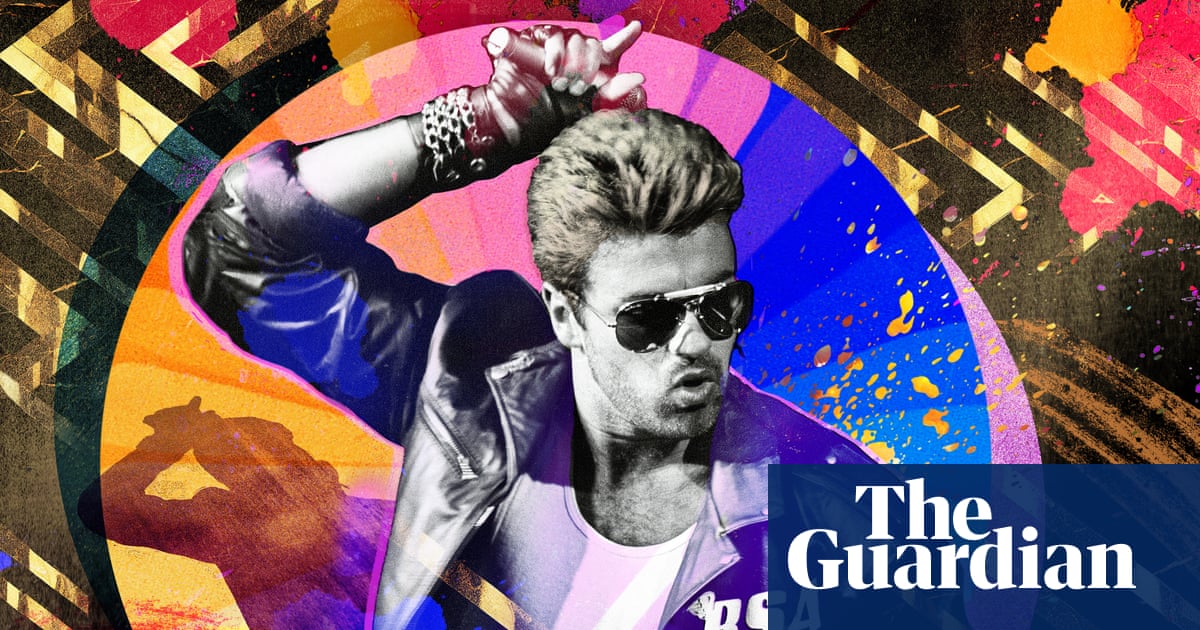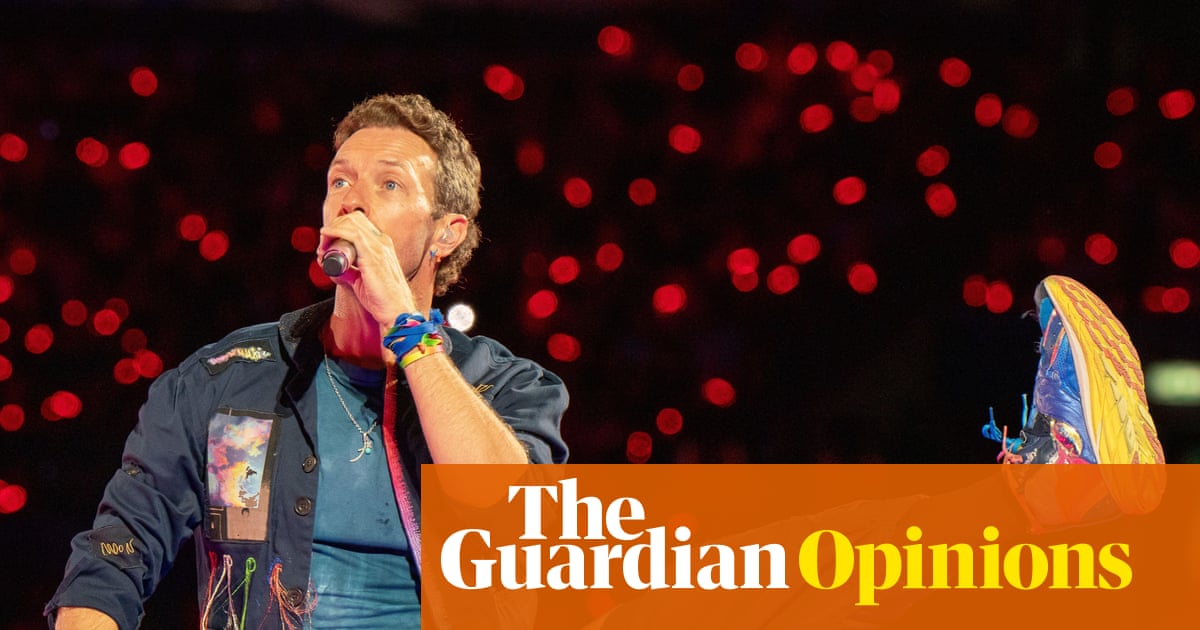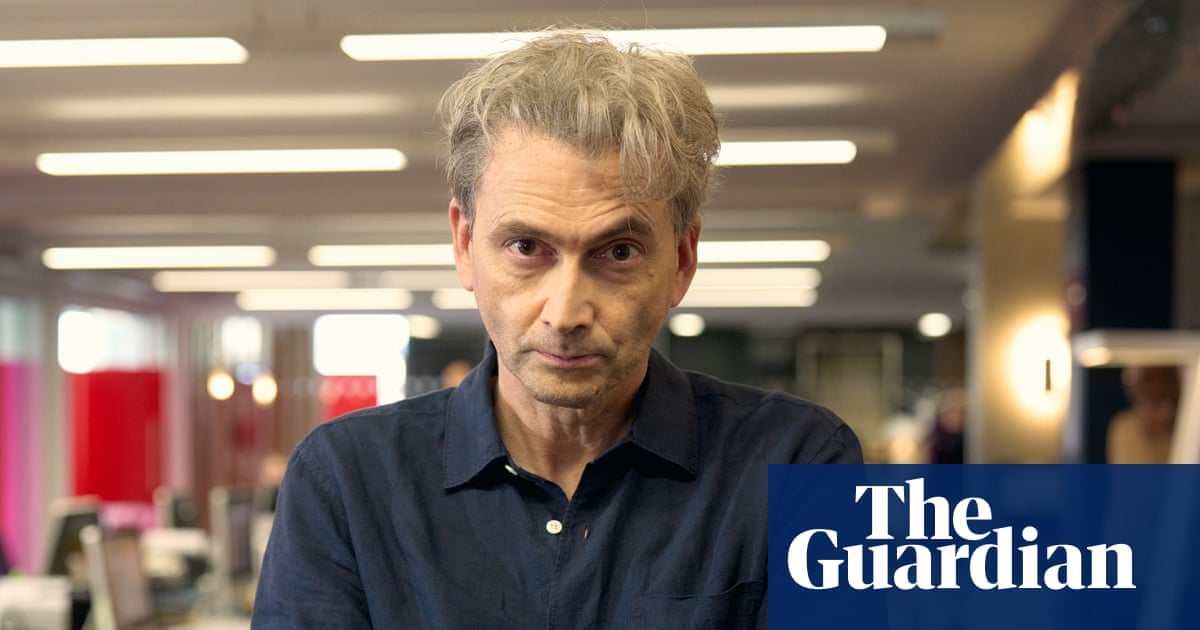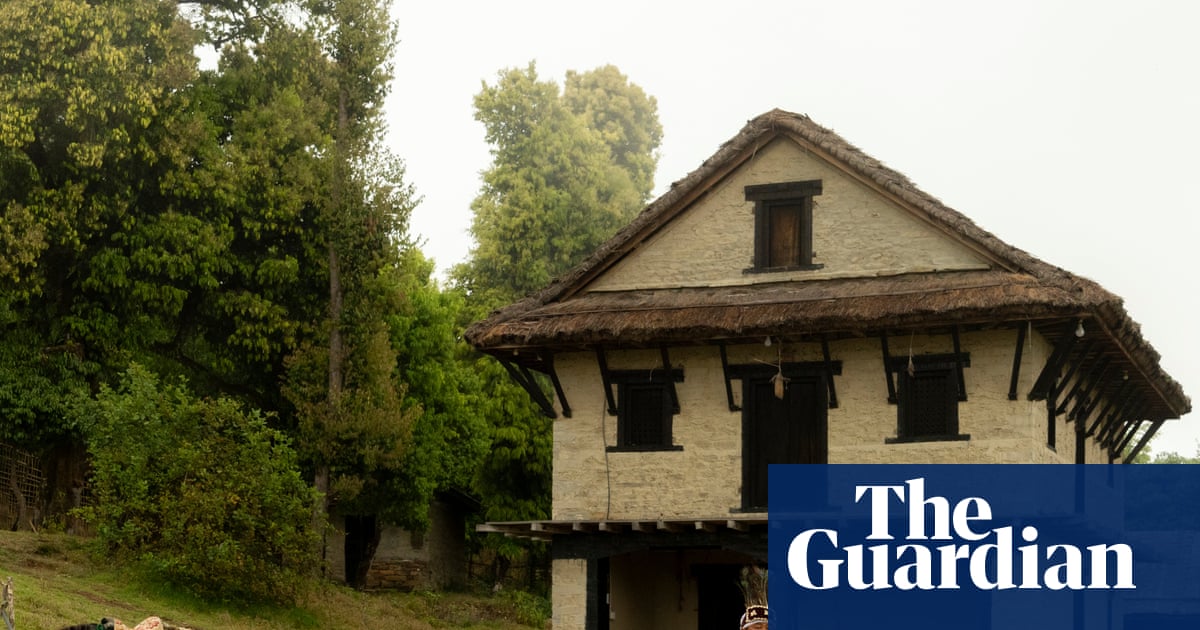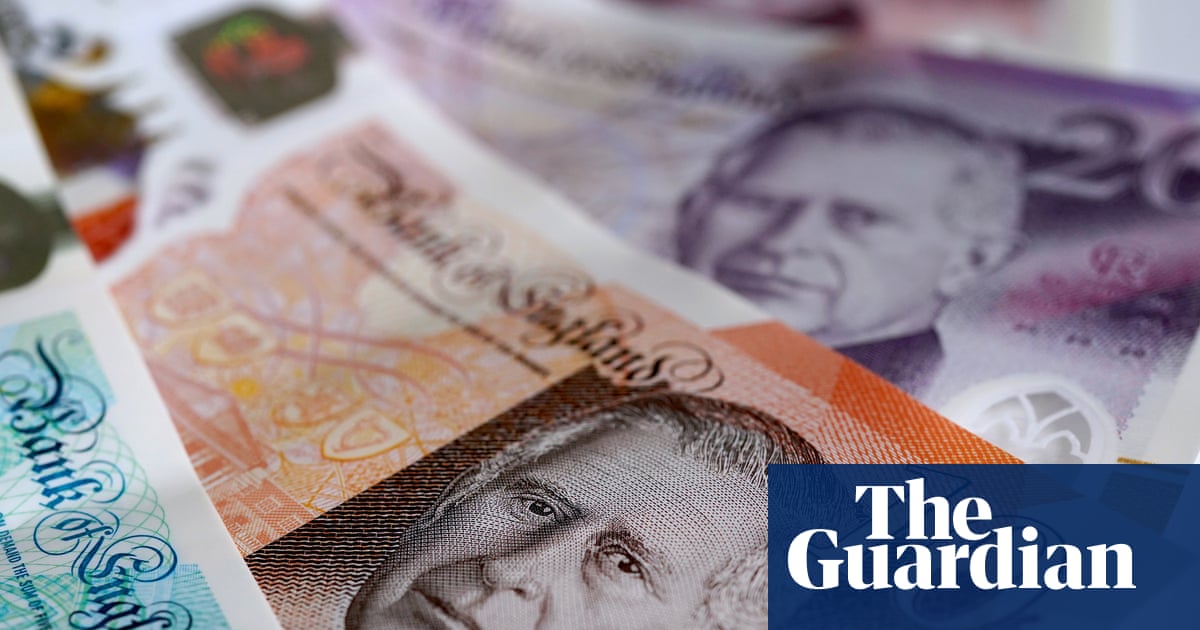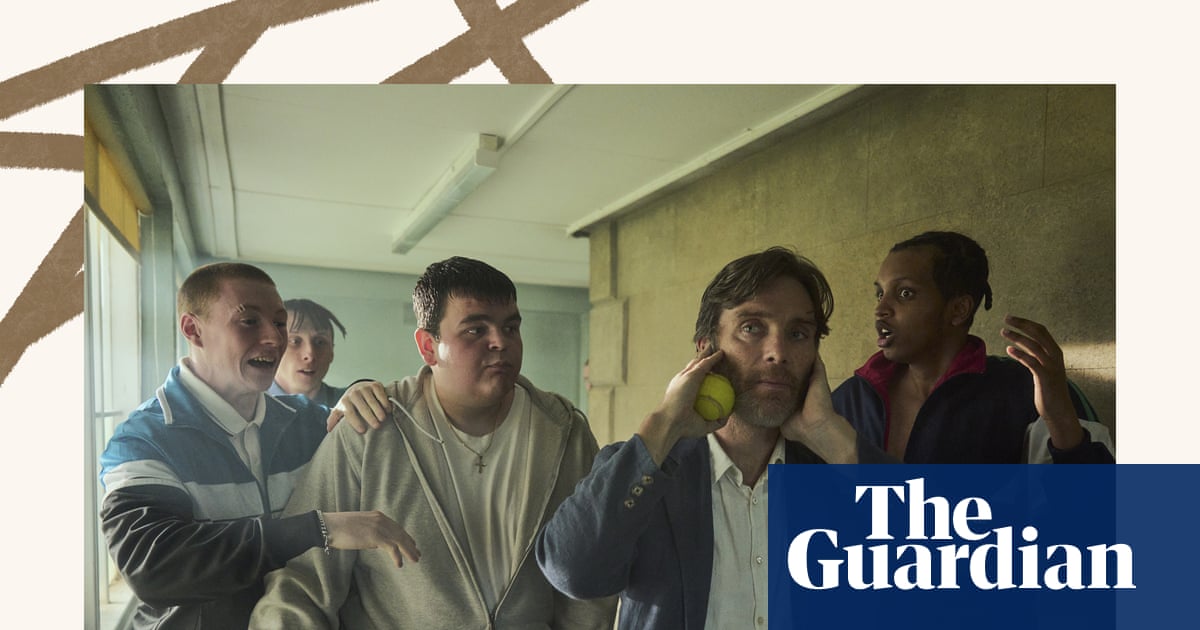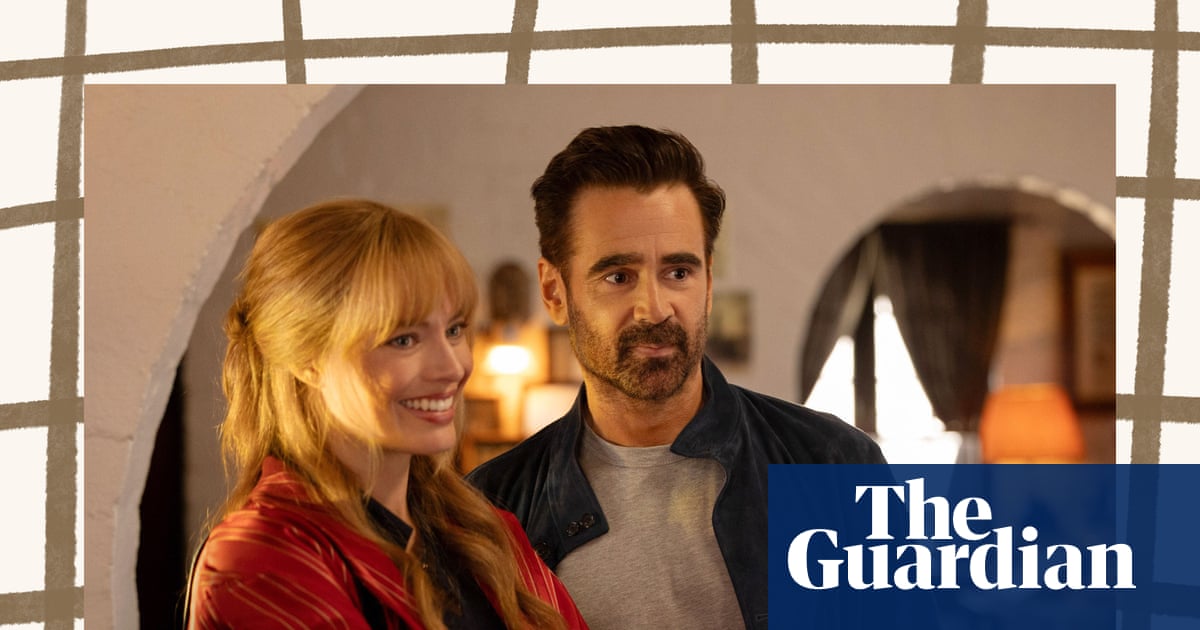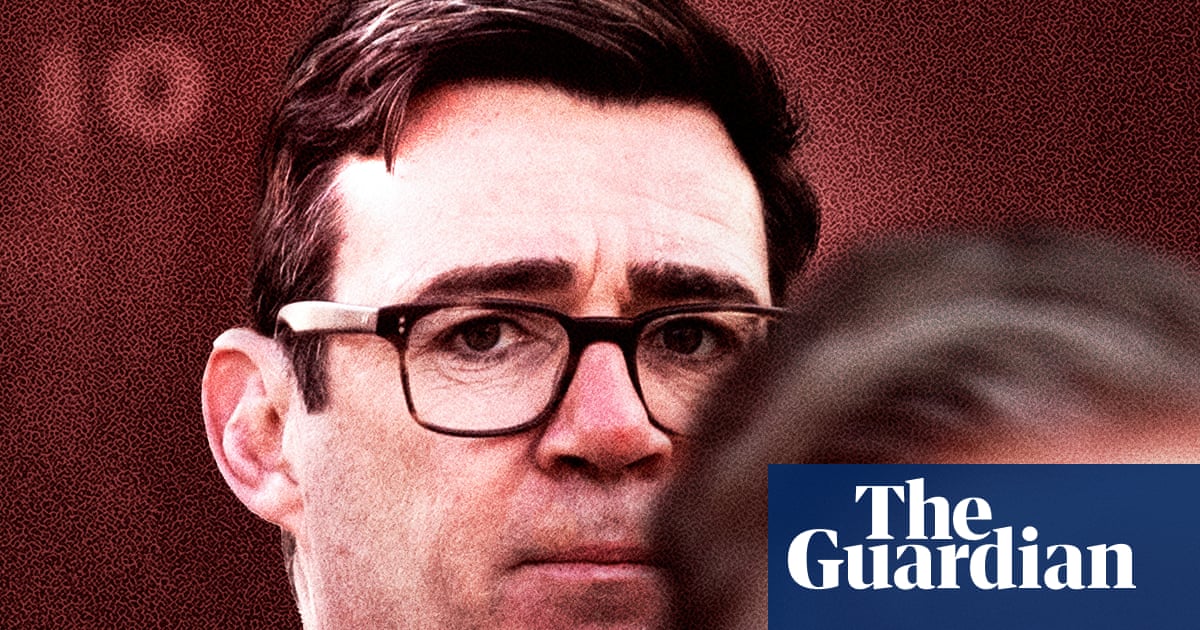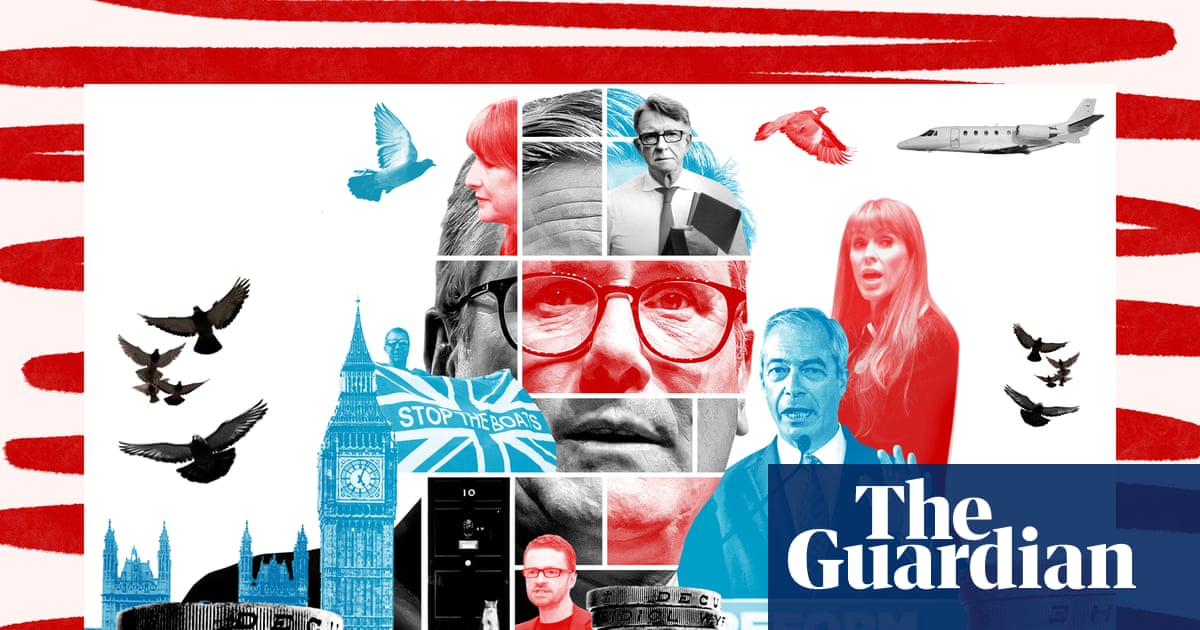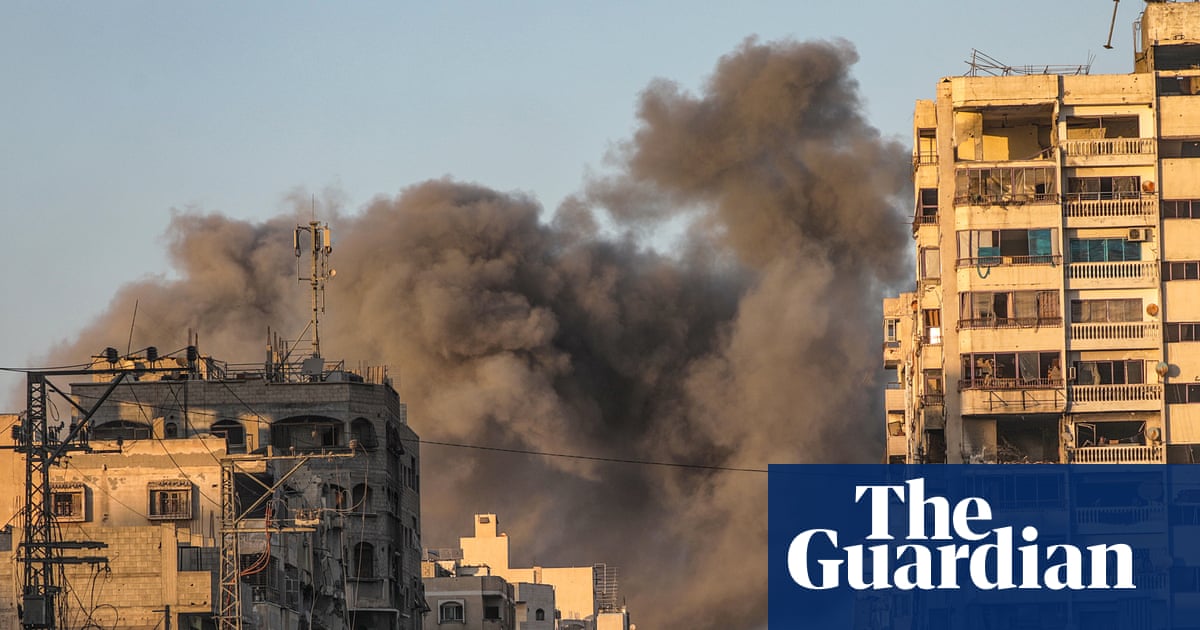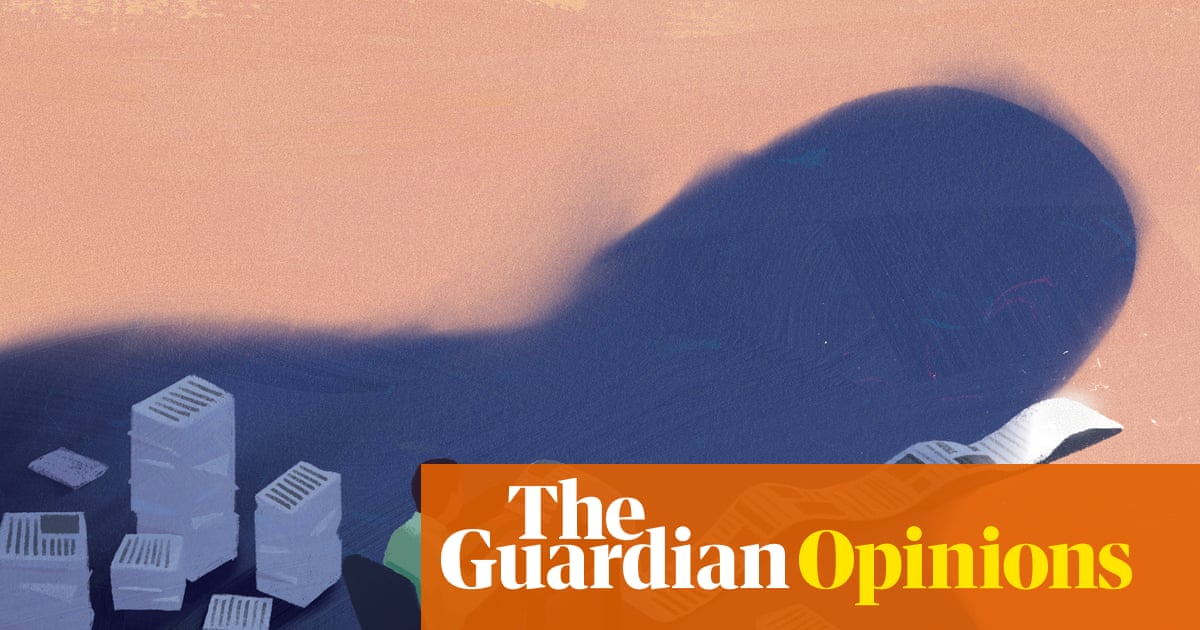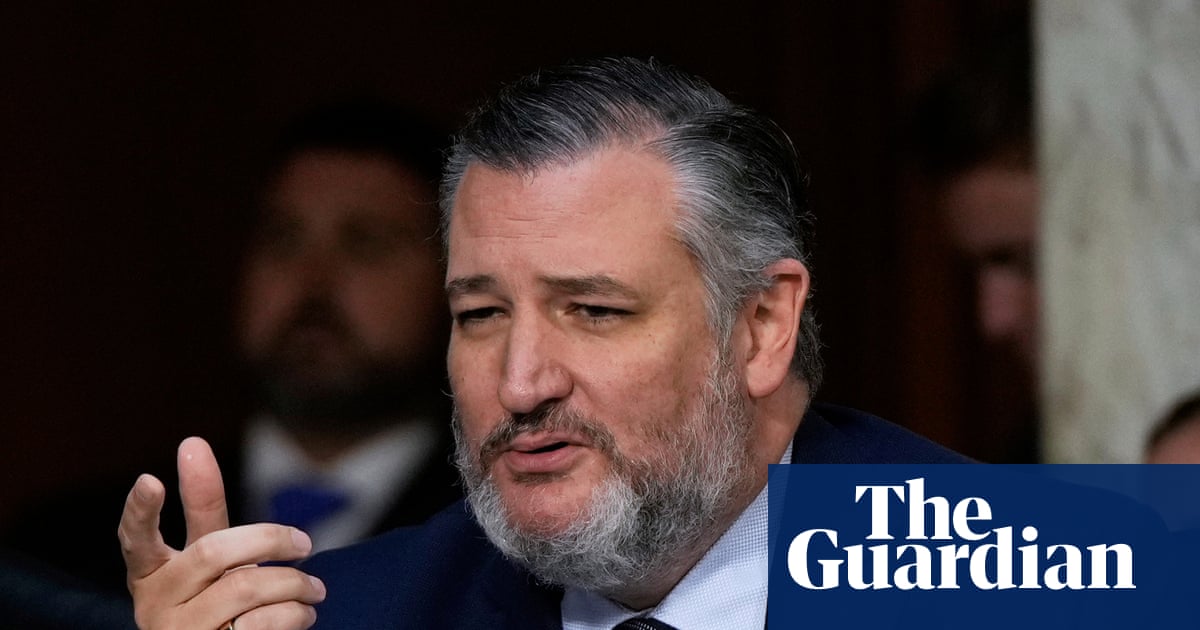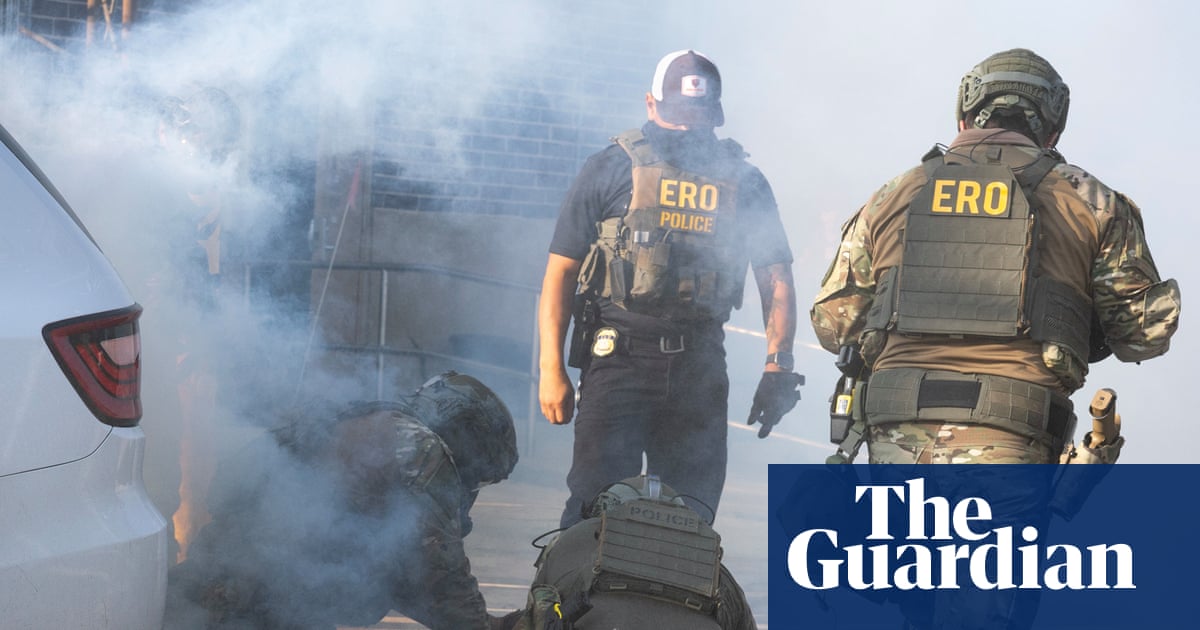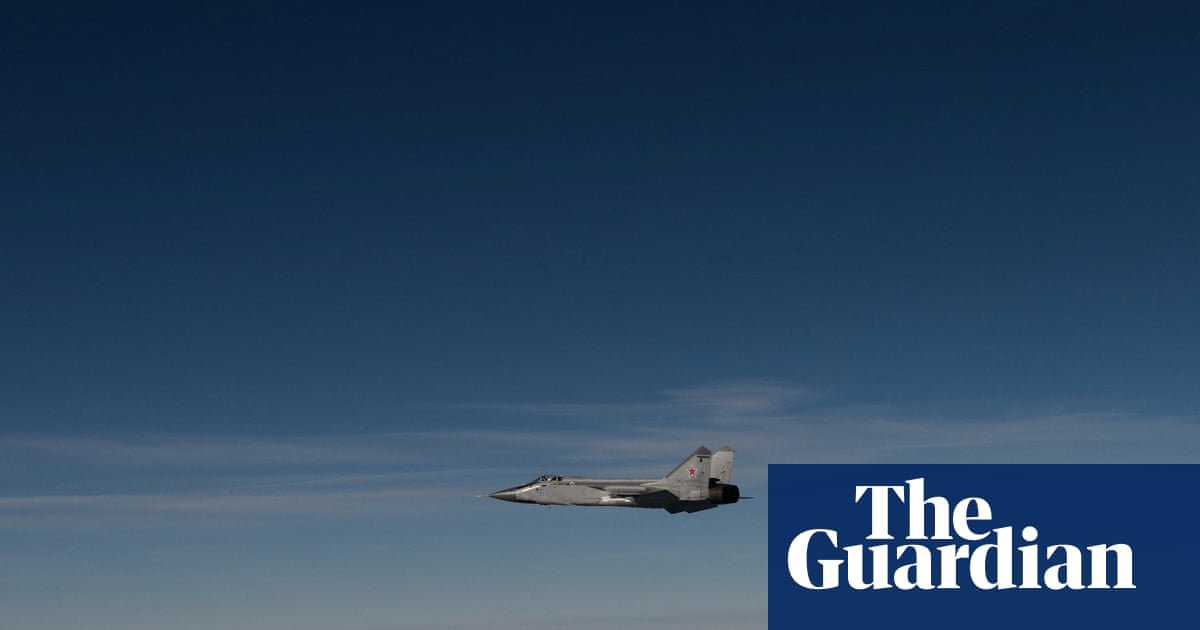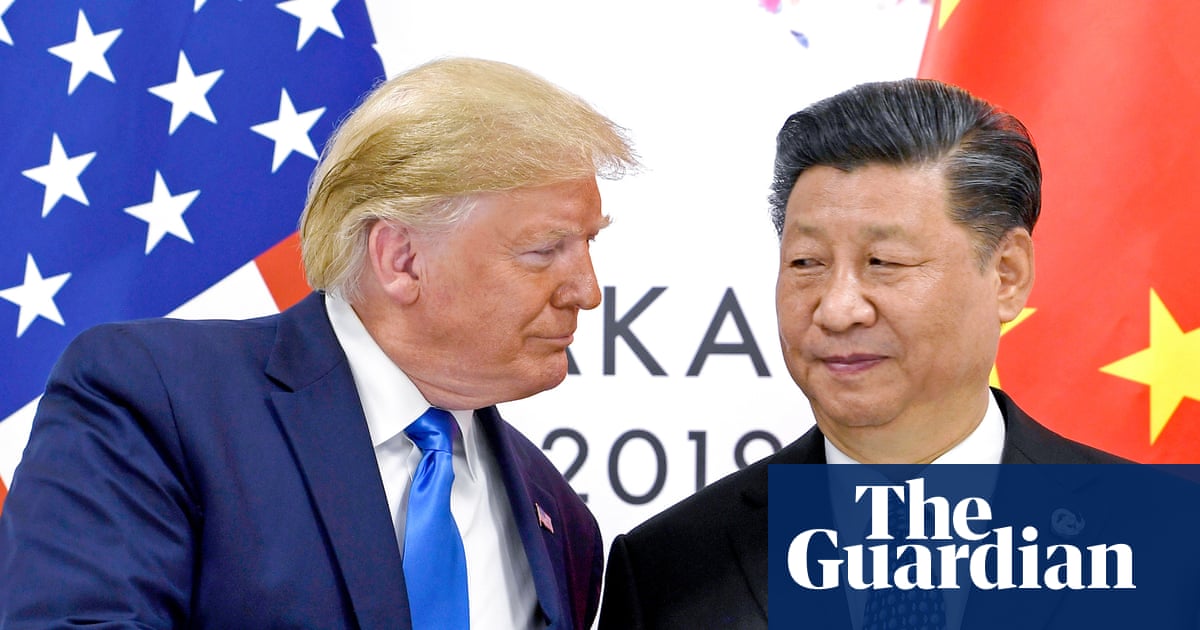Artists in Serbia have criticised the appointment of a nationalist ex-paramilitary chief as the head of the national theatre board, as authorities crack down on the culture sector days before an expected new wave of anti-government protests.
Dragoslav Bokan, who was announced as president of the national theatre’s board of directors last Thursday, was one of the founding commanders of the White Eagles, one of the most feared militia units during the Yugoslavian wars of the 1990s.
Members of the White Eagles have been accused of carrying out massacres in Bosnia and Herzegovina, though Bokan has said he never “commanded any action” and that his role in the paramilitary organisation was more secretarial.
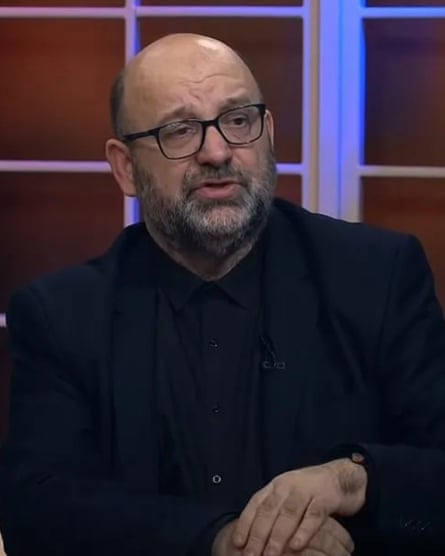
Though he worked as a TV director and scriptwriter in the 1980s and 90s, Bokan has no previous association with the national theatre in Belgrade, a major cultural institution that was famous for continuing to put on productions during the Nato bombing raid in 1999.
In his role as director of the board, Bokan will not only be in charge of the theatre’s finances but could also appoint new artistic directors and change the repertoire.
At a time when Serbian society is in turmoil amid massive protests against the government of the nationalist president, Aleksandar Vučić, critics say Bokan’s appointment to an institution that has consistently backed the wave of unrest has clear political motivations.
Dragana Varagić, a guest actor and former ensemble member at the theatre, said: “Dragoslav Bokan’s appointment is nothing less than a punishment of the culture sector for its fulsome support of the student protests. Bokan’s paramilitary biography and history of hate speech means his values have nothing to do with those of the national theatre.”
The venue, which hosts productions of theatre, ballet and opera, has over the last eight months regularly expressed its solidarity with the wave of anti-corruption protests that have swept the country after a concrete canopy collapsed on to a busy pavement at Novi Sad central station last November, killing 16 people.
After curtain calls, actors have held up banners reading “the students’ demands are our demands” while wearing red gloves – a reference to the red handprint that has become one of the protest’s recurring symbols.
Initially focused on calling for those responsible for the disaster to be held accountable, the protesters’ demands have since evolved to call for reform of the government body regulating digital media, as well as early parliamentary elections.
The musicians’ union said in a statement shared with the Guardian: “The artists of the national theatre will never stop defending European values in our theatre.”
At a press conference held by unions representing Serbian actors, musicians and ballet artists on Tuesday, actors read out recent statements made by Bokan.
In 2021, the former paramilitary commander said Marinika Tepić, a prominent opponent of Vučić, was “a national enemy, not only ideologically and politically”. He has dismissed the student protesters as “sullen rebels without a reason, nihilists and anarchists”.
Bokan’s appointment is part of an emphatic crackdown on Serbia’s culture sector in recent months. In April, Belgrade’s city assembly cancelled all competitions for co-financing cultural projects for the rest of the year.
At Belgrade’s international theatre festival – a prestigious event that has drawn directors from across the Balkans for 59 years – the role of artistic director has been scrapped and event organisers have been told it has to continue with a budget 50% smaller than originally promised. Several other theatre festivals, such as July’s Shakespeare festival in Čortanovci, have had government support cut off.
after newsletter promotion
Novi Sad’s Exit festival, a major outdoor music event that draws tens of thousands of visitors from across Europe each year, has announced it will stop hosting the event in Serbia over government funds being withheld as part of what it called “undemocratic pressures”.
In a move that critics consider to be an attempt to put pressure on state university staff who have allied themselves with the students, the government has drafted a new higher education law that would incentivise private universities to open up in the country.
Major protests are planned for this Saturday, a national and religious holiday that commemorates multiple events in Serbian history including the 1914 assassination of the Austro-Hungarian crown prince Franz Ferdinand by a Serbian student.
Rival rallies of anti-corruption protesters and government supporters in Belgrade will take place on the holiday, known as Vidovdan.
On 15 March, 325,000 people gathered across Belgrade to protest against the Novi Sad collapse, which independent monitors described as the largest-ever rally in Serbia’s history.
While the student protests have until now been peaceful, Vučić warned this week: “Those who behave violently on Vidovdan will be arrested.”
He told the Tanjug news agency on Tuesday: “Their [the protesters’] slogans define them as violent people. You see, we are dealing with people who wish harm for their state and their people, but this will not be allowed.”
Earlier this month, Belgrade police arrested 18 people for throwing water bottles at the high-profile leader of a pro-government group called Students Who Want to Study, an incident that Vučić described as a “lynching”.

 2 months ago
57
2 months ago
57
